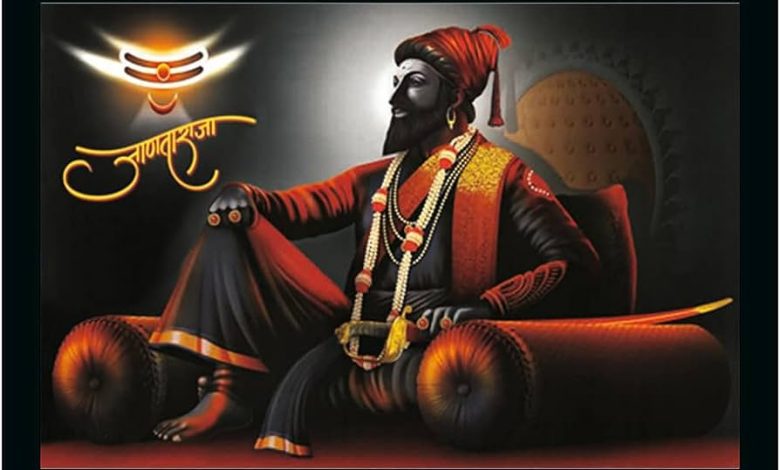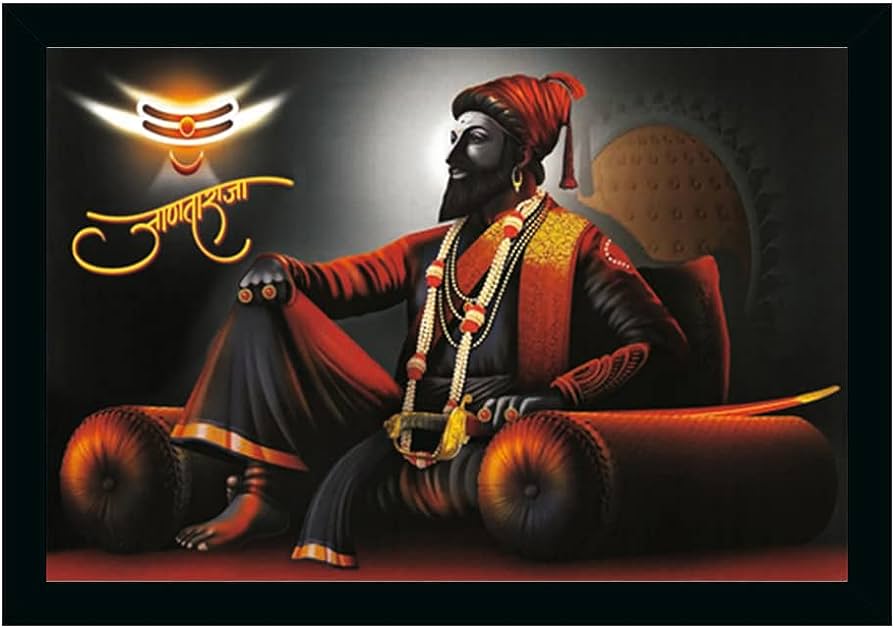
Chhatrapati Shivaji Maharaj Jayanti Special: The far-sighted war king Chhatrapati Shivaji Maharaj was not merely a king but a symbol of bravery, intellect, and strategy. His spirit is not just etched on history but resonates with future generations through his firm belief in justice, swarajya, and dharma. Born at the hill fort of Shivneri on February 19, 1630, he established the foundation of the Maratha Empire and proved that valour and insight could overcome even the strongest opponents.
Shivaji Maharaj: The Warrior of Swarajya
Shivaji Maharaj was a guerrilla warfare pioneer, commonly known as the ‘Mountain Rat’ by his detractors because of his expertise in terrain warfare. He recognized the need for speed, brains, and surprise attacks, allowing his comparatively smaller force to defeat strong armies like the Mughals and the Adilshahi Sultanate.
He expanded battles; he engaged in battle for centuries—a cause—Swarajya, self-rule. When the foreign powers attempted to conquer the Indian subcontinent, he dreamt of a glorious kingdom that was independent, rich, and just. His rule was greatly expanded based on welfare-oriented governance with laws based on justice and cultural conservancy.
A Champion of People and Culture
Shivaji Maharaj was a king who revered all religions but firmly propagated the safeguard of Hindu institutions and traditions. Being different from the majority of his contemporaries who were kings, he made it a point to establish his kingdom on merit, not birthright. He encouraged Marathi and Sanskrit as media of administration as opposed to Persian, which instilled cultural values in his populace.
His respect and dedication to ensuring the safety of women were exceptional. He established tough laws that prohibited harassment and exploitation, allowing women in his reign to enjoy security and safety.
The Master Strategist
Shivaji Maharaj’s military strategy was ahead of his time. His over 300 forts were located in strategic points so that they could offer maximum defence with efficient communication and administration. Raigad, Pratapgad, and Sinhagad forts are witness to his insightful military planning.
One of his greatest achievements was the bold escape from Aagra in 1666 when he was imprisoned by Aurangzeb. Through intelligence, camouflage, and meticulous planning, not only did he escape but he also renewed his struggle for Swarajya.
A True Leader of the People
Shivaji Maharaj was not just a warrior but a leader who gained the affection and confidence of his people. His coronation in 1674 at Raigad Fort was not only the crowning of a king but the triumph of the people’s dream. In contrast to rulers who sought personal ambition, he devoted his life to elevating his subjects, making them prosperous, and establishing the groundwork for an independent nation.
His model of governance, with decentralization, administration, and military organization, remains a subject of study and emulation. His success in unifying disparate communities into one fold, creating unity among Marathas, was a reflection of his diplomatic prowess.

Legacy That Lives On
Even centuries following his death in 1680, Shivaji Maharaj continues to be a timeless figure in Indian history. His values of self-rule, warfare, and people-oriented governance continue to be an inspiration for leaders, historians, and the people themselves. His vision of Swarajya and fairness continue to hold sway, telling us of the strength of resolve, vision, and leadership.
While celebrating Chhatrapati Shivaji Maharaj Jayanti, let us not only remember him as a historical leader but also take in his attributes of courage, wisdom, and righteousness. His life is a shining example that encourages us to fight for justice, harmony, and self-sufficiency in all walks of life.
Jai Bhavani! Jai Shivaji!
